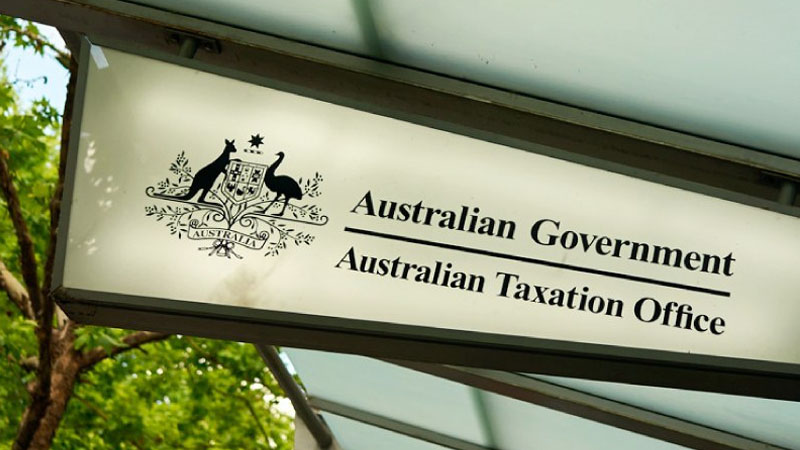ATO confirms post-SG amnesty approach
Businesses that submit superannuation guarantee amnesty applications now will see them treated as the standard lodgement of an SGC statement, the ATO has confirmed.
Following the end of the six-month-long SG amnesty period on midnight of 7 September, the ATO has now updated its web guidance to note that any late applications will now be treated as a standard lodgement of a superannuation guarantee charge statement.
This means shortfalls will have a minimum penalty of 100 per cent applied but can be as much as 200 per cent.
However, businesses that lodge an SGC statement before the start of an audit will have their circumstances considered by the ATO in deciding to remit the Part 7 penalty below 100 per cent.
The ATO has also cautioned businesses that have qualified for the amnesty and are on a payment plan that they will need to comply with terms of the plan or risk disqualification from the amnesty and face the removal of amnesty benefits for any unpaid quarters.
The end of the amnesty period in the midst of the pandemic comes despite calls from the professional accounting and tax bodies for the government to consider a six-month extension.
The government was told that the competing priorities of managing the economic ramifications of COVID-19 meant that businesses and their advisers were unable to devote resources to the complex and time-consuming task of determining SG shortfalls.
“The amnesty became law on 6 March 2020, but the additional six months in which employers could come forward has unfortunately coincided with the impact of the COVID-19 pandemic,” said the Tax Institute’s Robyn Jacobson.
“Given the adverse impacts caused by COVID-19, it seems illogical and unreasonable to maintain the 7 September 2020 deadline.”









